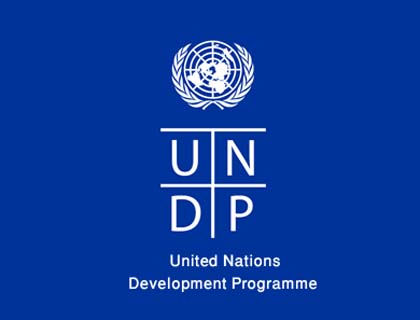KABUL - Afghanistan has been ranked 169th among 187 countries and territories in UNDP’s new Human Development Report that was released in Japan on Thursday.
With a life expectancy of 58.4 years, the country is assessed as having its strength to include its youthful demographics, a young and dynamic labour workforce and a macroeconomic framework that is in place.
“Looking at vulnerable populations in Afghanistan, especially young people and women, we at UNDP encourage the government and other development partners to effectively address the issue,” said Yuxue Xue, the UNDP deputy country director.
“Enhancing resilience is at the core of our mission in Afghanistan, which is making us hopeful that our concerted efforts in the country will pay off and transform Afghanistan into an inclusive society.”
The Global Human Development Report, UNDP’s flagship publication, was launched on the theme of “Sustaining Human Progress: Reducing Vulnerabilities and Building Resilience” in Tokyo.
Most people in most countries are doing better than ever before due to advances in education, technology and incomes, the report said, noting a widespread sense of precariousness in the world today in livelihoods, the environment, personal security and politics.
About half of all workers are in insecure employment while some 842 million, or about 12 percent, of all people go hungry, according to the report that ranks Norway at the top of the Human Development Index, followed by Australia, Switzerland, the Netherlands and the United States.
Published annually since 1990, the report is intended to inform and influence policymakers. Governments watch the rankings carefully, and "when they don't do well they put a lot of pressure on us to change the rankings," said Khalid Malik, the lead author.
Income support, job creation policies and equitable access to health, education and other services are investments in human capital that can secure more sustainable growth in the long run, the report says.
Key to dealing with the problem was focusing government policy on jobs and social safety nets, the report said."Structural vulnerabilities are often manifested through deep inequalities and widespread poverty." (Pajhwok)

